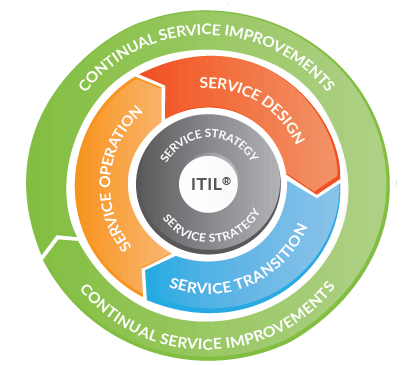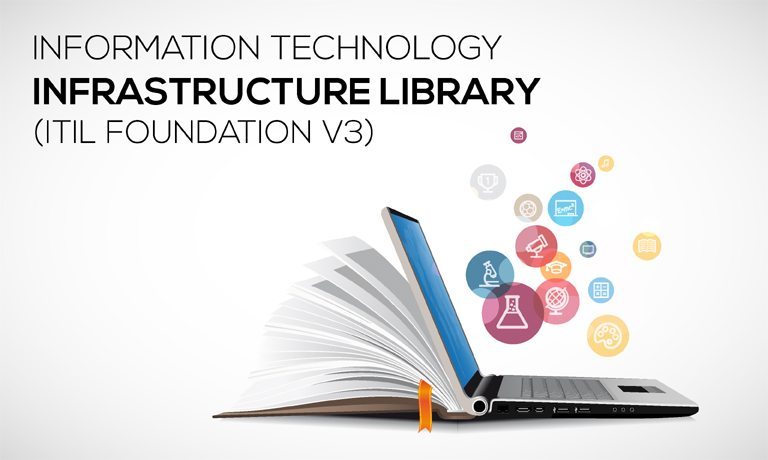An acronym for Information Technology Infrastructure Library, ITIL is quite a self-narrative name. To understand the concept and the need for pursuing it in a brief – it is an IT management set. IT in itself is a broad concept. Hence, ITIL Management is yet more complex and wide-ranged.
ITIL Managing Professional needs in a market are undoubtedly on the peak. As the capability and opportunities in the field are high, the expertise and trainees in the field would be in the same proportion.
What opportunities does ITIL open up?
The ITIL is a systematic course that provides a complete understanding of managing IT services. That said, ITIL has a huge opportunity in the market with high paying job availabilities. ITIL supports businesses in almost all domains. Hence any business that is aiming to widen its ecosystem will definitely need interruption of ITIL.
Opportunities for ITIL professional lies everywhere regardless of the domain of the business. Pursuing the ITIL managing professional course is an absolute need of an hour.

How to be pro at ITIL?
Going for a full-time certification is the way to be pro at it. Hands-on experience will be gained in the training institute. Post-certification in either any of the five levels or all the five levels will add you a net-worth.
With a thorough understanding, you will be more skillful at handling the projects.
Here are 5 levels of certifications:
Level 1: ITIL Foundation
This is an entry-level certification course of ITIL. The introduction, basic concepts, and elements of ITIL are taught at this level. These elements are further implemented in the ITIL Service Lifecycle and its lifecycle stages. This stage is just a literacy stage to gain generalized knowledge which is required for ITIL Services Delivery and support.
Level 2: ITIL Practitioner
As the name suggests, the second stage is for partitioning over the general concepts learned. The real-time and hands-on implementation is inclined at this stage of the ITIL certification. At this stage, the candidate gets to learn on actual project handling scenarios. The crucial situations are taught to handle strategically. The stage focuses on: ITIL Service Capability and its Lifecycle.
Level 3: ITIL Intermediate
This level is a gateway to get you to industry roles. A lot many companies accept the 3rd level ITIL certification qualification. Hence, the name, intermediate.
Modules are classified as either Service Capability or Lifecycle.
The Service Lifecycle modules:
Service Strategy (SS)
Service Design (SD)
Service Transition (ST)
Service Operation (SO)
Continual Service Improvement (CSI)
Service Capability modules:
Operational Support and Analysis (OSA)
Planning, Protection, and Optimization (PPO)
Release, Control, and Validation (RCV)
Service Offerings and Agreements (SOA)
The student is allowed to elect the specialization in accordance with his own interest. Any combination of subjects could be chosen by the student to pursue mastery in.
Level 4: ITIL Expert
After having an industrial experience for about 2+ years, many students opt to pursue this expert level. The stage imparts a huge skillset in ITIL. As the name goes, the stage really makes the candidate expert in ITIL.
Level 5: ITIL Master
The stage provides the advanced knowledge of the ITIL. A student who is good with his basics and has ample experience in handling the basic level projects can go for mastery.
